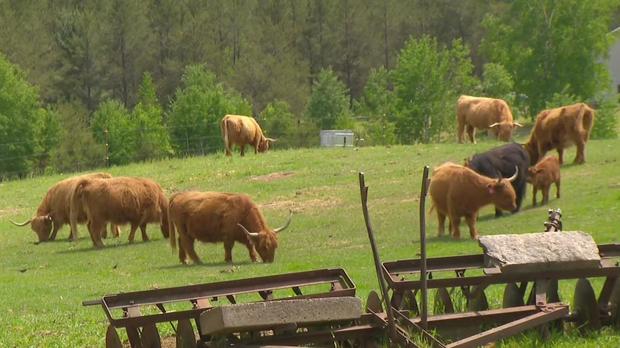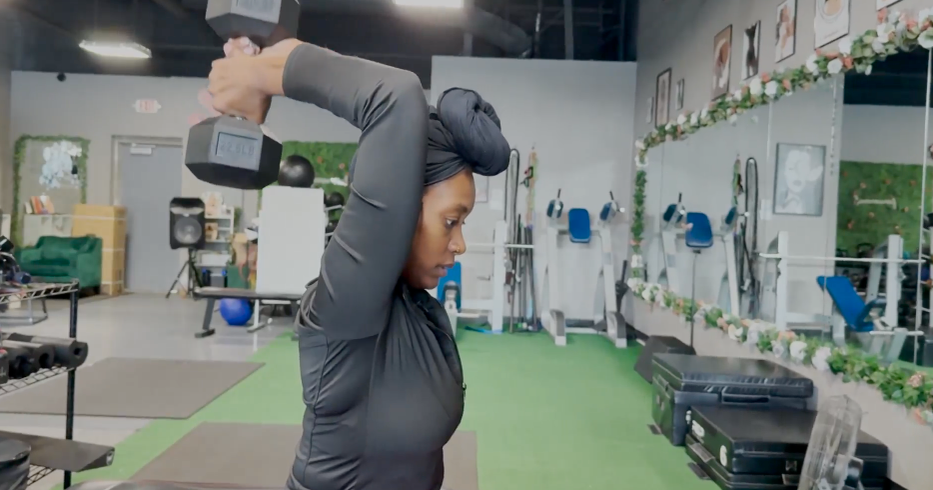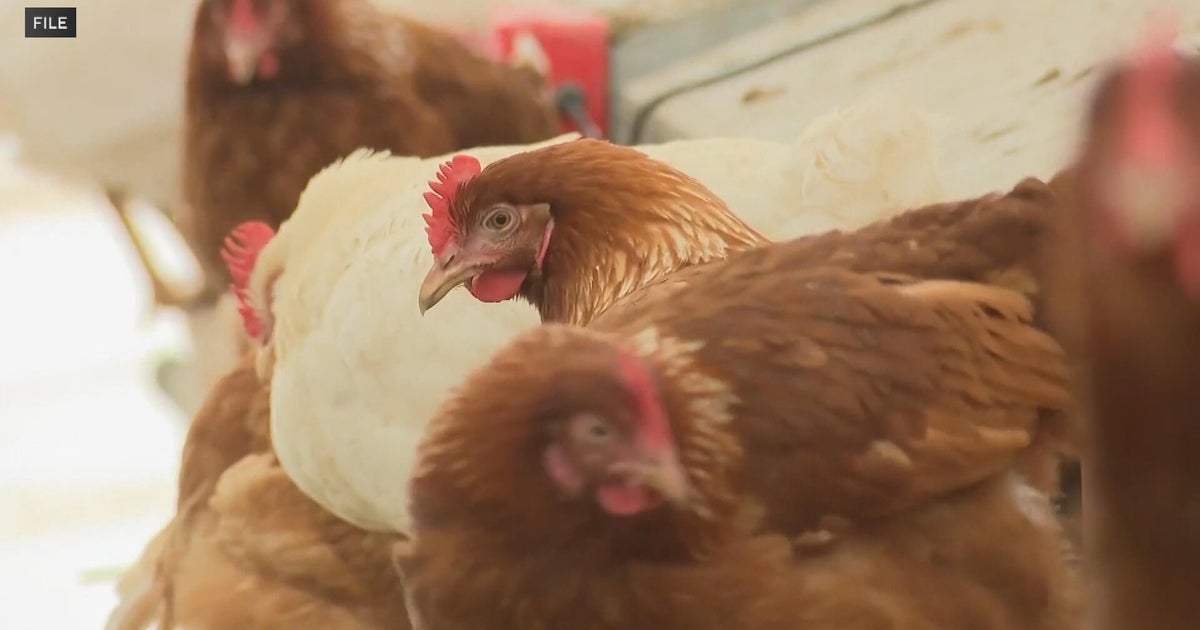Wisconsin mother-daughter farming duo using regenerative agriculture to improve land, cattle health
HERTEL, Wis. — A group of farmers is changing how they use their land by working with nature to improve their animal's health, along with the soil and water.
But they say change in the farming industry can be tough. Some fear failure or disrupting the family legacy.
It's time for the daily move at Molly Brown's farm in Hertel, Wisconsin.
"Regenerative agriculture is going back to the way things used to be done," Brown said. "Multispecies, rotating the land so you're not eating the grass down to nothing and not giving it a chance to grow back. It's beneficial to the land, environment, the soil, the grass."
Brown and her mom do rotational grazing so every day or so they move the highlands around their 200-acre farm, leaving each space to regrow and regenerate for roughly a month.
"When you give those roots a chance to grow and they get deeper down, you're more drought resistant," Brown said.
But this part of the day is also a treat for Brown.
"I have a full-time job besides this and it's a lot of computer work and desk work. It's so nice at the end of the day getting out," she said.
Brown is one half of The Forage Girls Farm. Her mom is the other, and she'll tell you that despite growing up in south Minneapolis, she always knew this was where she wanted to be.
"When I was 5, I used to make us have family meetings to move out to a farm, and they were nice enough to entertain the idea," Brown said.
When the idea became a reality a few years ago, the duo wanted to raise these long-horned ladies the way nature intended.
"We started it together and it's intimidating but it's also an advantage because we don't have that, 'Well this is the way we've always done it.'" Brown said. "We had the opportunity for a clean slate."
They're hoping to use that blank slate to be positive stewards of the land. Since buying the land a few years ago, they've seen some big changes.
Their Scottish highlands can strike a pose for social media, but Brown says they're also doing some major things for the pasture.
"They're working for us also, not just in raising the beef, but transforming the land and getting better grass growing," she said. "It's all part of the transformation."
They don't use pesticides, antibiotics or hormones on the farm. The cows are grass-fed, which commands a premium.
"No fertilizer, it's just all been what the cattle can do," Brown said.
Doing rotational grazing on the land also keeps her cows healthy, keeping vet costs down.
"And it's good for parasite control, fly control. We're moving them away from the manure and the flies," Brown said.
As an up-and-comer herself, who is working to grow her business and manage the land she's grateful to have, Brown has advice for others looking to try implementing regenerative agriculture practices.
"It's a lot of work on the front end but when you see the difference it can make on the land, it's definitely worth it," she said.
Brown and her mother have a farm stand open on Thursdays and Fridays from 4 to 6 p.m. and Saturdays from 9 a.m. to 12 p.m. Otherwise, their customers buy beef directly from them.









